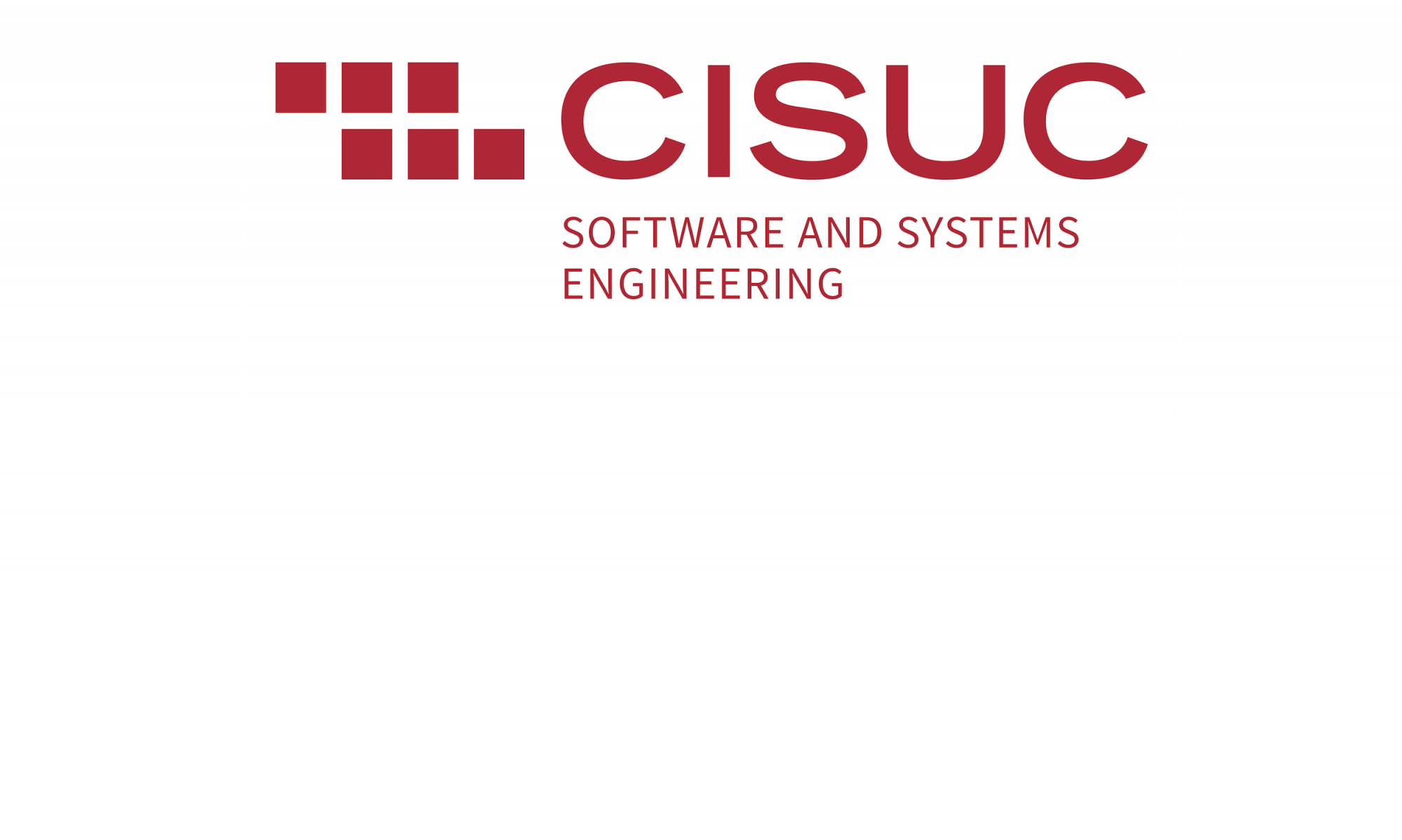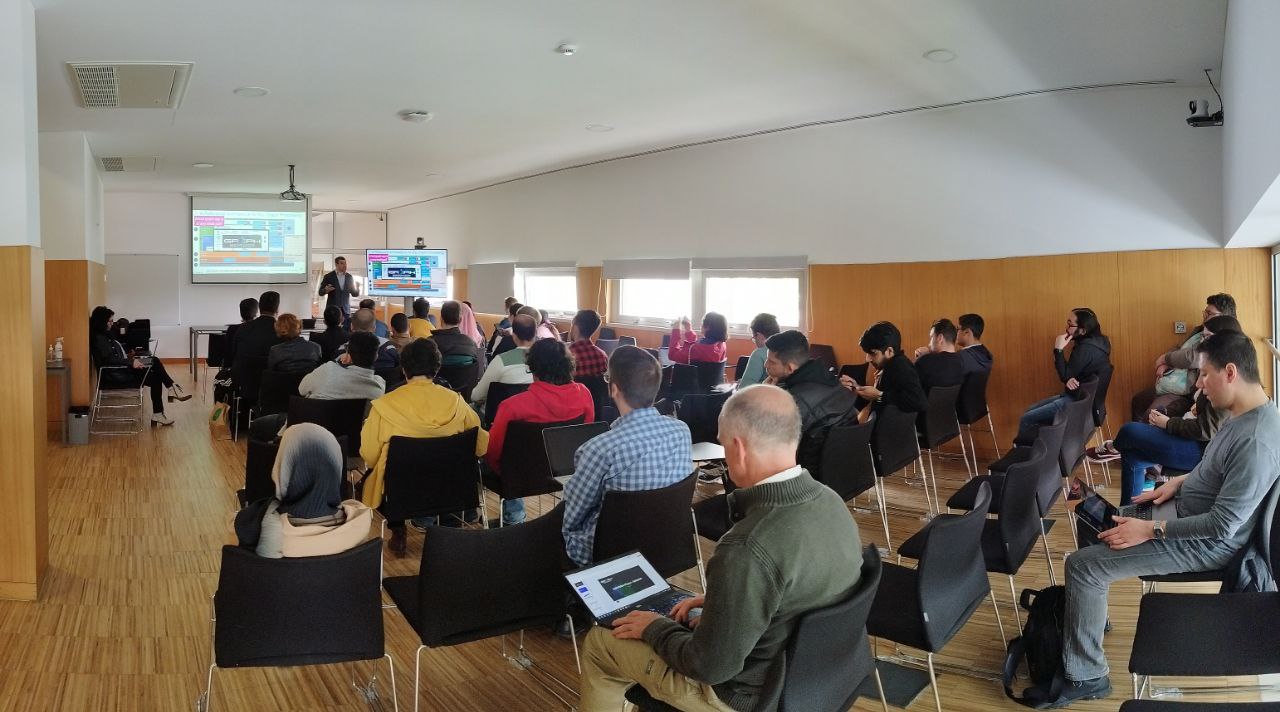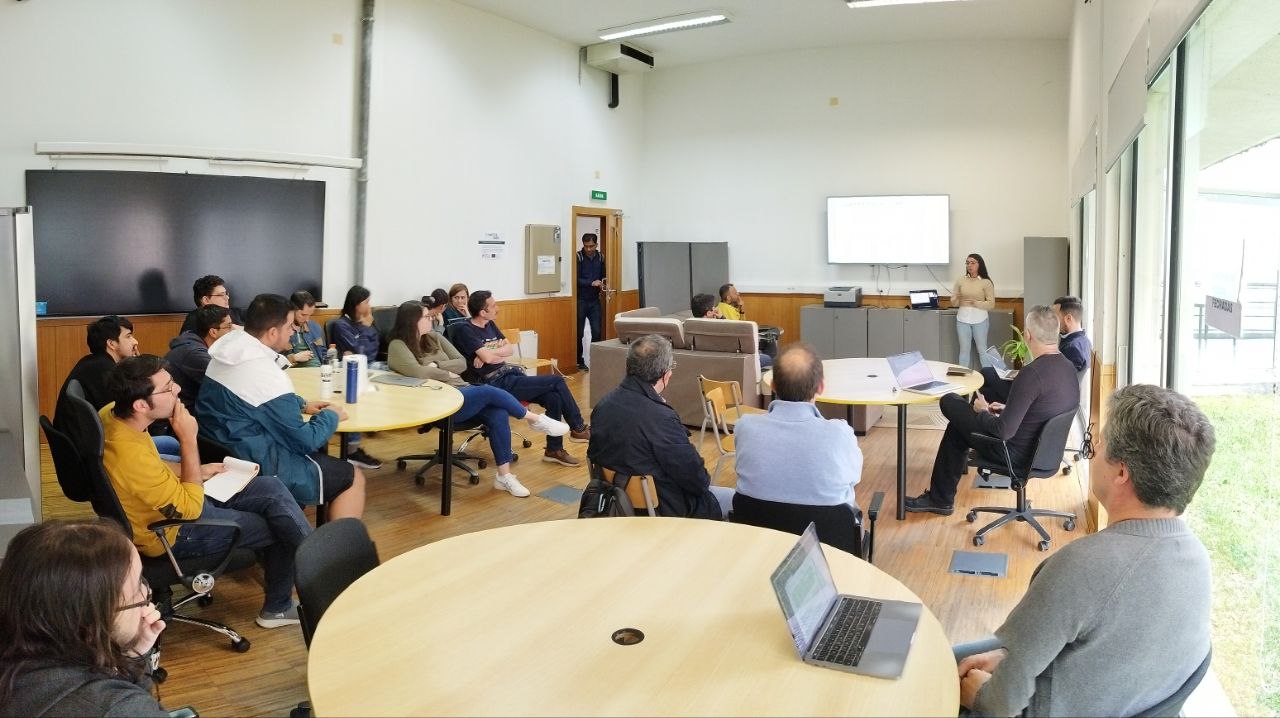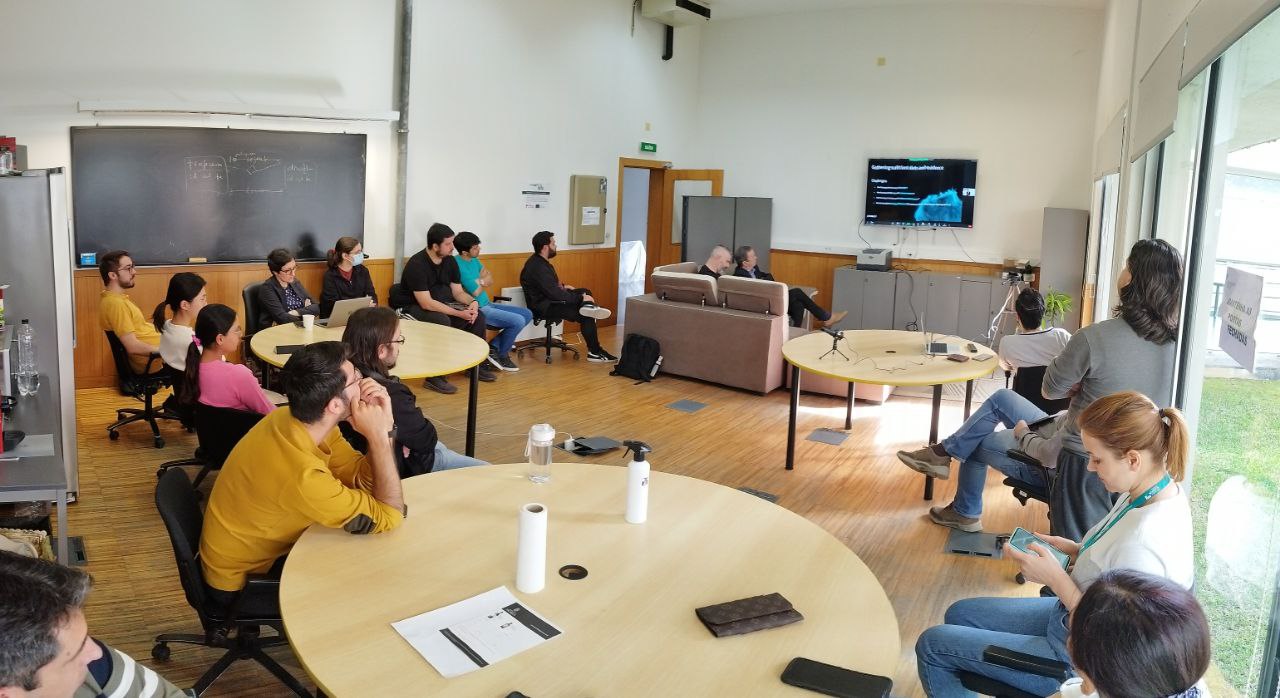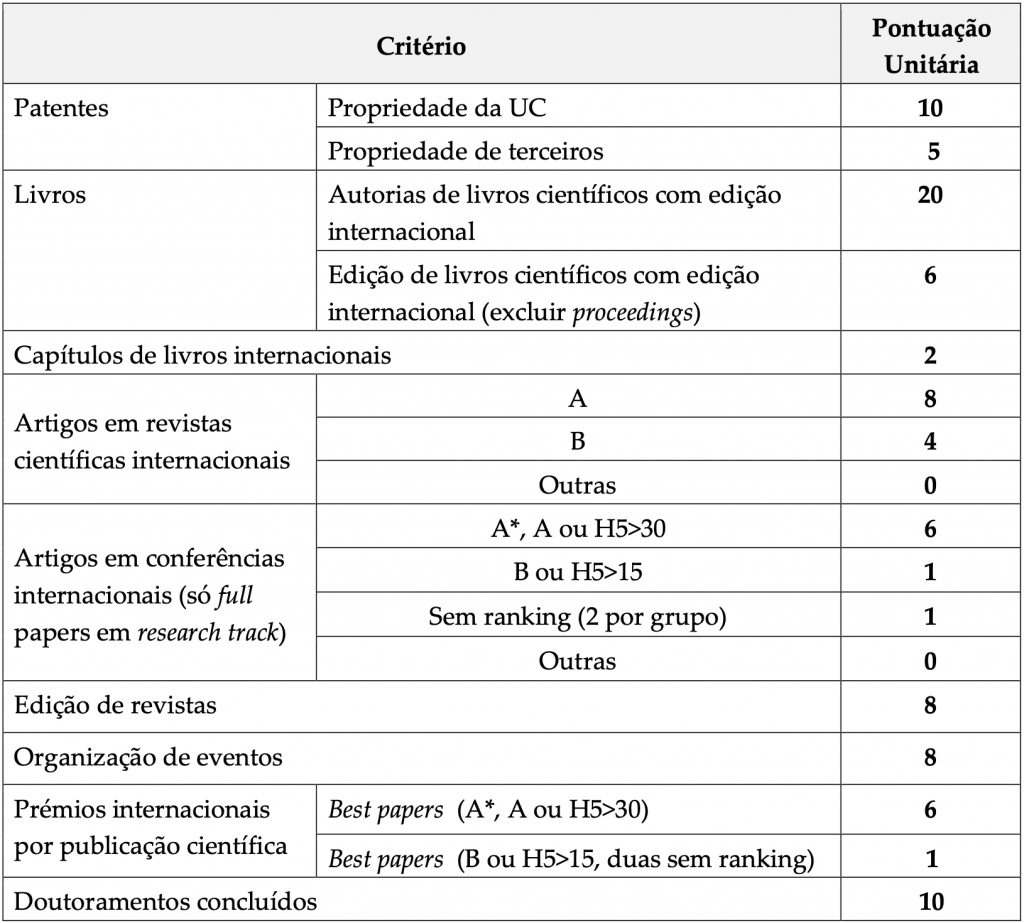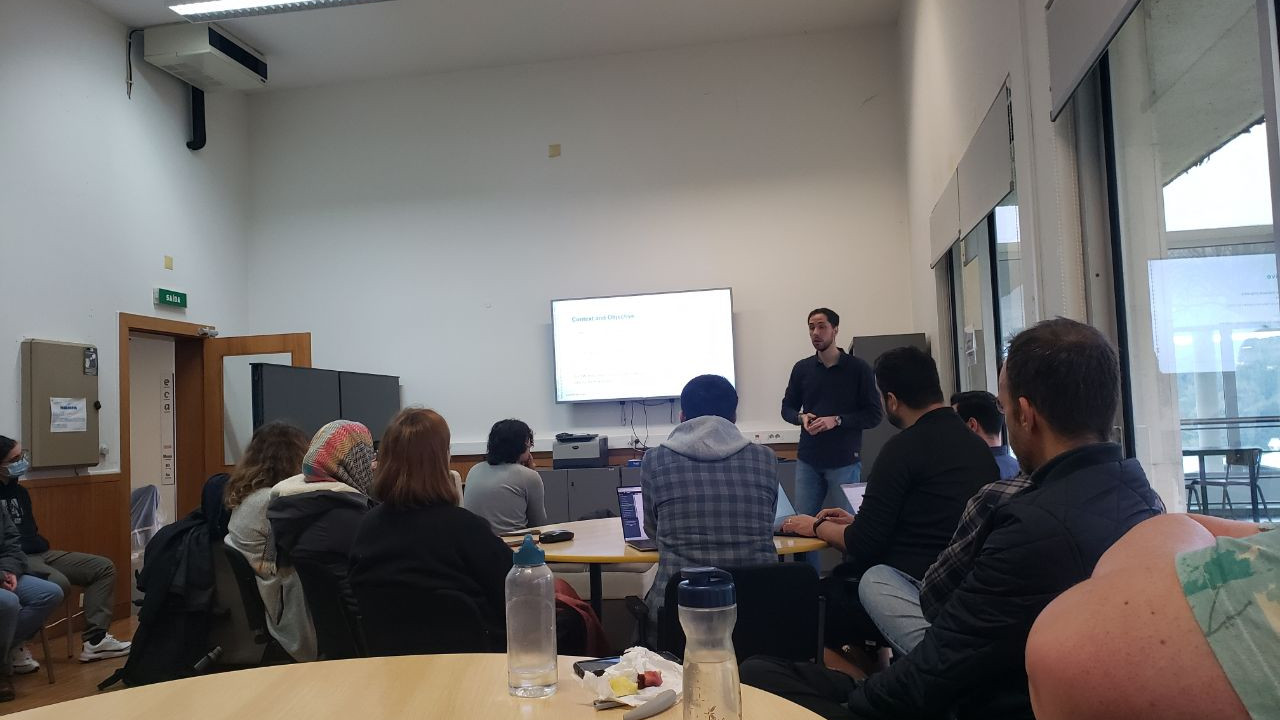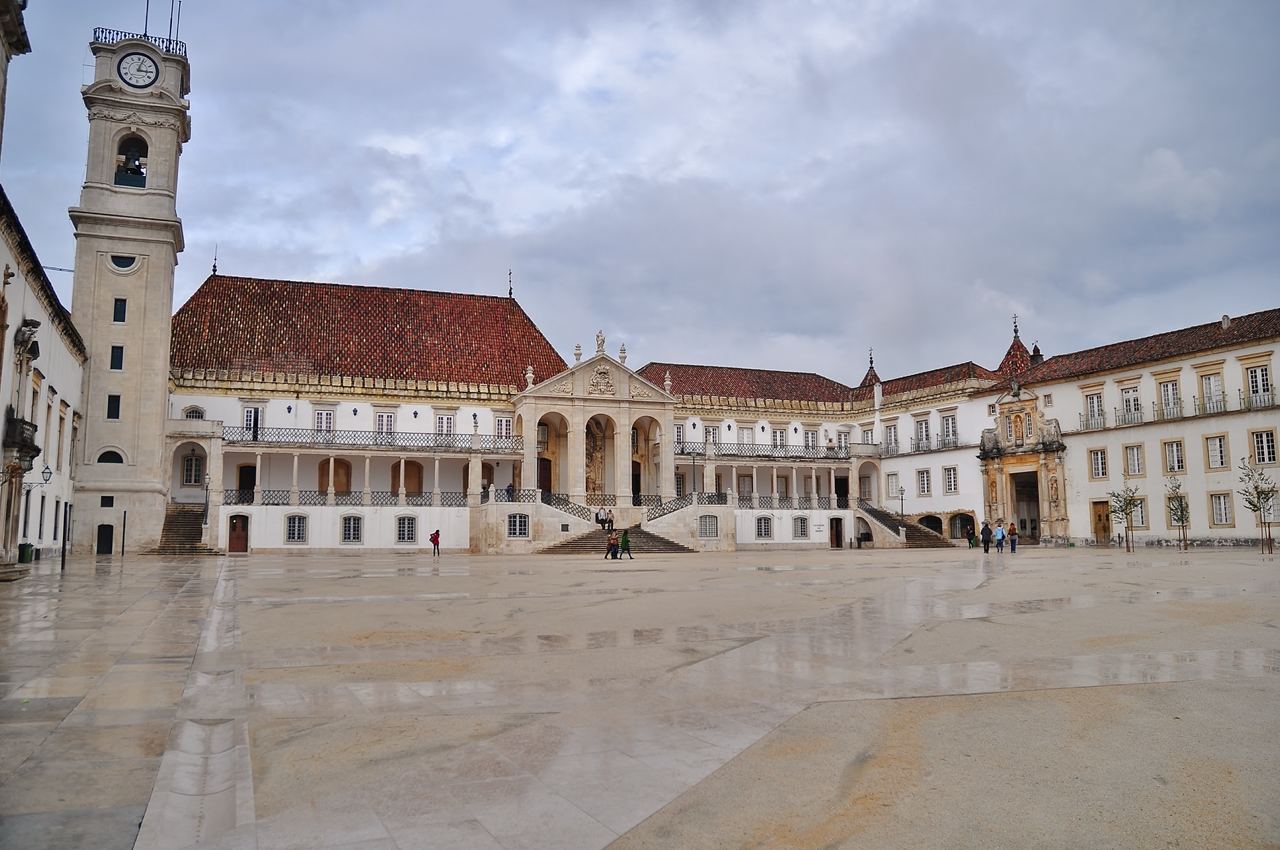14th of April, at 14h00, Alexandru Iosup will give a presentation entitled“Massivizing Graph Processing: The Science, Design, and Engineering of a Complex Ecosystem”
Location: A5.4
Bio
Dr.ir. Alexandru Iosup is a full professor at Vrije Universiteit Amsterdam (VU), a high-quality research university in the Netherlands. He is the tenured chair of the Massivizing Computer Systems research group at the VU and visiting researcher at TU Delft. He is also elected chair of the SPEC-RG Cloud Group. His work in distributed systems and ecosystems includes over 150 peer-reviewed articles with high scientific impact, and has applications in cloud computing, big data, scientific and business-critical computing, and online gaming. His research has received prestigious recognition, including membership in the (Young) Royal Academy of Arts and Sciences of the Netherlands, the Netherlands ICT Researcher of the Year award, and a PhD from TU Delft. His leadership and innovation in education led to various awards, including the prestigious Netherlands Higher-Education Teacher of the Year. He has received a knighthood for cultural and scientific merits. Contact Alexandru at A.Iosup@vu.nl or @AIosup, or visit http://atlarge.science/aiosup
Abstract
Wherever we turn, our society is digital. Digital data and digitalized processes are becoming critical for science and engineering, decision-making and business-critical operations, and online education and gaming. An emerging building block of digitalization in the 21st century, graph representation of both real and digital states, is becoming common in practice. At societal and even global scale, these digital elements depend, often transparently from the perspective of their clients, on the effective inter-operation of efficient computer systems into large ecosystems, managed largely without a developer and even client input. However successful until now, we cannot take these ecosystems for granted: the core does not rely on sound principles of science and design, and there are warning signs about the scalability, dependability, and sustainability of engineering operations. This is the challenge of massivizing computer systems, and, as the focus here, of massivizing graph processing.
In this talk, inspired by the recently started EU project Graph Massivizer [1], and by our experience with distributed computer systems for over 15 years, we focus on understanding, deploying, scaling, and evolving graph-processing ecosystems successfully. We explain GraphMassivizer’s ambitious, comprehensive research program that aims to develop a serverless, sustainable, graph processing platform, with applications to sustainable ICT infrastructure, AI/ML, FinTech, and Industry 4.0. We posit that we can address the fundamental challenges of massivizing graph processing by focusing on computer ecosystems rather than merely on (individual, small-scale) computer systems. We showcase diverse results in massivizing graph processing, including (1) a reference architecture, and a resource management and scheduling framework, that can span the computing continuum, (2) the design and development of graph processing engines, and (3) the development of a benchmark and performance analysis framework that led to a fundamental performance result.
The session will be interactive, so bring over your questions, comments, and curiosity. We will have a team with diverse professional backgrounds ready to answer them. Thank you for joining!
[1] Graph Massivizer website: https://graph-massivizer.eu/
